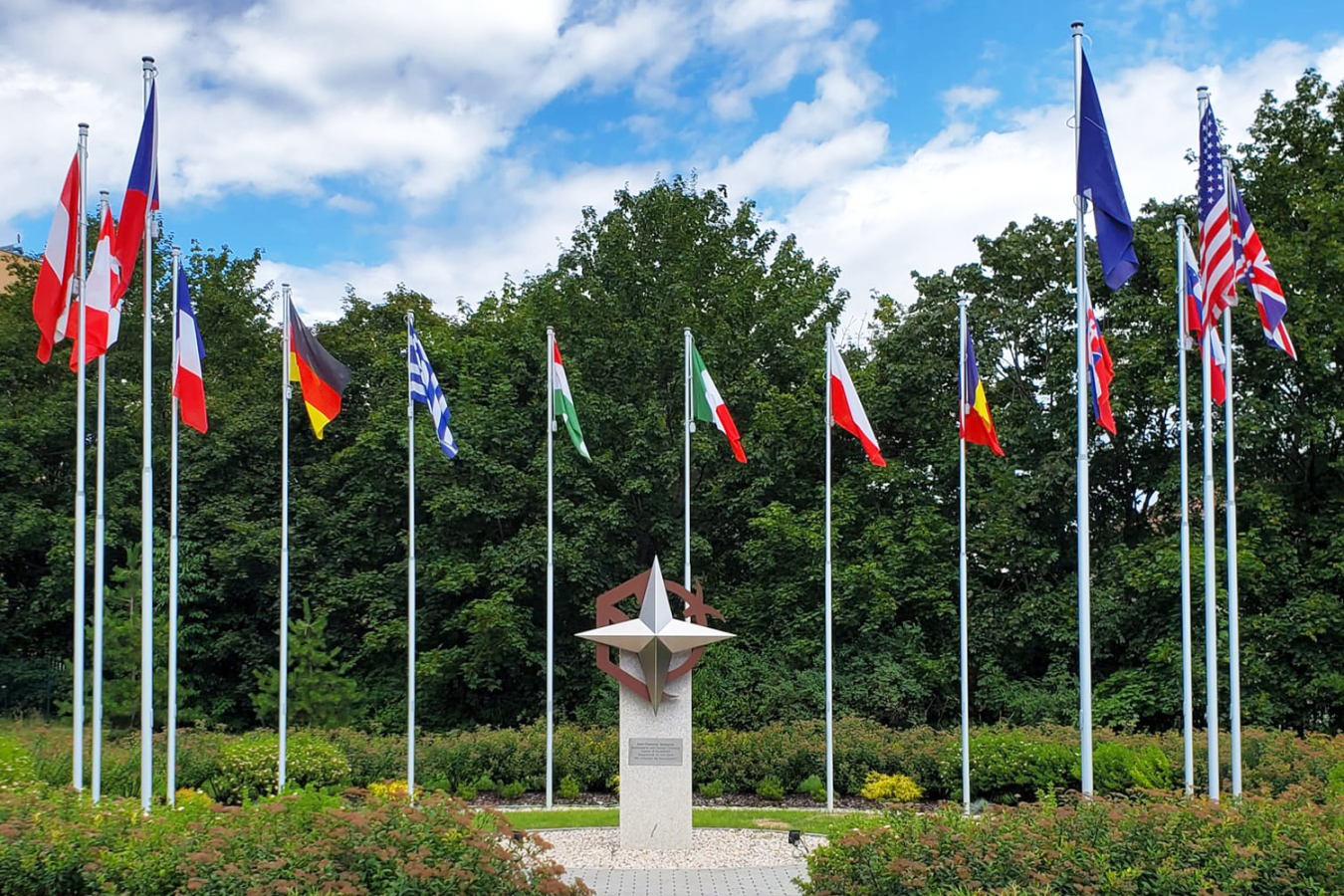NNSA’s Office of Counterterrorism and Counterproliferation recently partnered with two key NATO training facilities on long-term loans of radiological detection equipment.
National Nuclear Security Administration
November 2, 2022
NNSA’s Office of Counterterrorism and Counterproliferation recently partnered with two key NATO training facilities on long-term loans of radiological detection equipment.
NNSA continues to support our partners in NATO. Both organizations benefit from each other’s expertise, experience, and training facilities.
CTCP has provided three Spectral Advanced Radiological Computing Systems to the NATO Joint Chemical, Biological, Radiological and Nuclear Defence Centre of Excellence facility in Vyskov, Czech Republic, and the NATO Maritime Interdiction Operational Training Centre in Souda Bay, Greece. SPARCS is a versatile gamma radiation detection system for use in vehicles, boats and aircraft that will enable the NATO partners to facilitate radiological training for soldiers and civilians.
“NNSA continues to support our partners in NATO. Both organizations benefit from each other’s expertise, experience, and training facilities,” said Andrae Brooks, NNSA Senior Foreign Affairs Officer with CTCP’s Office of Nuclear Incident Policy and Cooperation. “Providing our NATO partners with SPARCS is simply a next step that builds internal training capacity and capability.”
Both facilities have partnered with CTCP on previous training courses, and having the equipment permanently on site means NNSA can save on training and shipping costs.
Teams from NNSA’s Remote Sensing Laboratory, a part of the Nevada National Security Site, conducted hands-on, radiological response training to prepare experts at both facilities to be able to operate the equipment. Known as “Train the Trainer,” this process will enable the facilities to improve their capability and capacity to support future maritime and CBRN training on-site. The NATO partners also learned how to operate, sustain, and maintain the specialized SPARCS equipment, which are on long-term loan.
“We are thrilled to participate in train-the-trainer opportunities with our NATO partners to enhance radiological emergency preparedness and response capabilities, and to strengthen our partnerships,” said NIPC Program Manager Inga Cacace.

